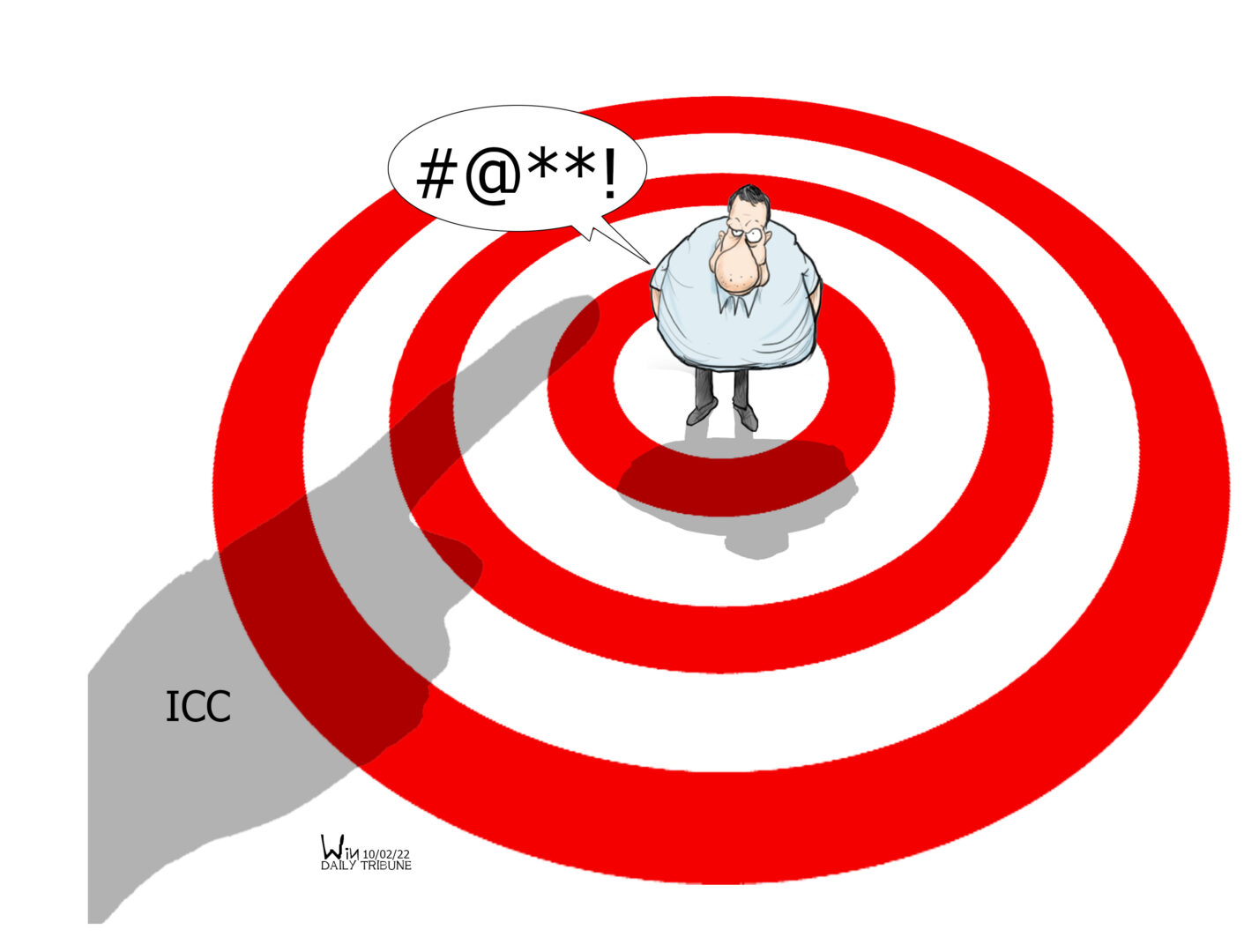Former president Rodrigo Duterte who remains a trusted figure well over his term had made clear his consistent position on the apparent steamrolling of his case at the International Criminal Court.
The former chief executive told his lawyer, former Palace spokesperson Harry Roque, that if the ICC insists on pursuing its investigation of the war on drugs, he will seek a restraining order before local courts to restrain the Philippine police from implementing ICC orders, including a possible warrant of arrest.
“Those who have complaints against him should file their criminal cases before a Philippine prosecutor, and if there is probable cause, he is willing to face trial but in a Philippine court, and if he is found guilty of violating Philippine laws that restates the crime punishable under ICC, then he will face the consequences and face time in a Philippine jail.”
Roque said in no way would the former chief executive allow himself to be subjected to a trial by an interloper in a foreign land.
“Under no circumstance will he allow any foreign prosecutor, judge, or court to exercise jurisdiction over him consistent with the principle of complementarity.”
The principle provided that the ICC can only substitute for the local judiciary in case if the local courts are unable to carry out their functions.
Roque who was head of the local group which pushed for the signing of the Rome Statute that created the ICC said there was no intention in its creation for the tribunal to be a substitute for the domestic legal system.
It was clear that the ICC can only exercise jurisdiction when domestic institutions are unable or unwilling to resolve cases.
“When you look at the cases with the ICC, many of the cases involve Sudan, which is a failed state and no courts are functioning to punish the commission of a crime,” according to Roque.
He cited the cases of local courts, which successfully prosecuted the cases of two presidents that resulted in their detention for the capability of the judiciary system.
“Our courts are neither unable nor unwilling to prosecute cases and complainants should file their cases before Philippine institutions and not the ICC,” he added.
In March 2018, the former President ordered the Philippines’ withdrawal from the Rome Statute weeks after retired ICC chief prosecutor Fatou Bensouda announced a preliminary examination into the administration’s conduct of the anti-narcotics campaign.
The ICC, which is losing its reason for being, which equates to funding woes, is clinging to pursuing cases against small nations to salvage credibility.
Bensouda, who retired as ICC prosecutor in June last year, was widely criticized for being partial against small nations while she kept her gaze away from atrocities committed by powerful nations.
It has been widely criticized for zeroing in on poor countries while letting superpowers get away with the real “crimes against humanity.”
Allowing the ICC to exercise jurisdiction in the country, in sum, is not an issue entirely about Mr. Duterte but the country’s judiciary and sovereignty being insulted by a sanctimonious global order.
